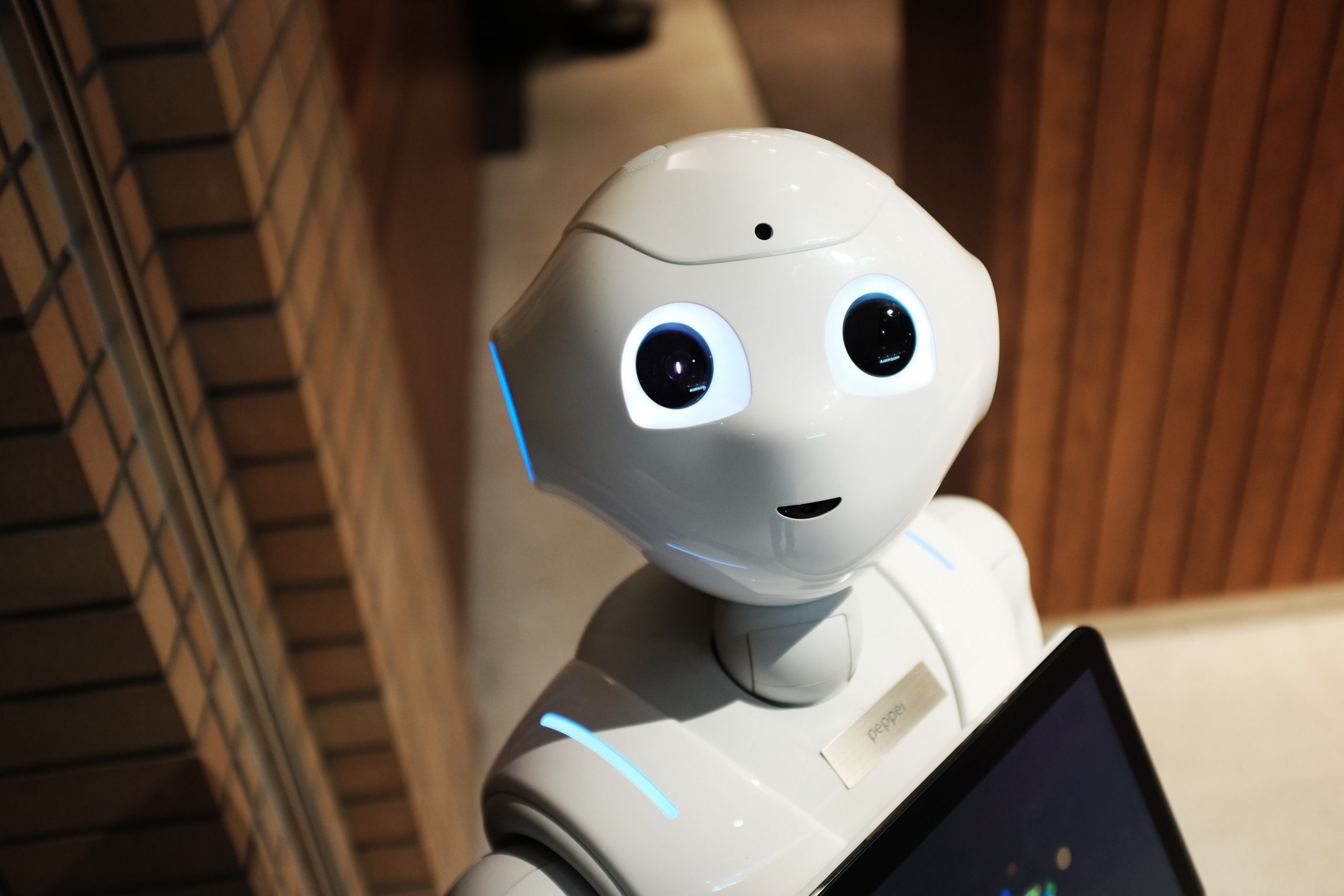September 23, 2024
5 Advanced Email Marketing…
Is your business looking to implement some new B2B email...

Artificial Intelligence, or AI, is a daily part of our lives, whether we realise it, or not. It’s being used in business to improve productivity and reduce downtime. In factories and other working environments, AI is responsible for many safety improvements. In healthcare it’s helping to diagnose diseases and contribute to health research. And at home, it influences our decision-making every day around what we read and buy, often without us even realising it.
Is AI a force for good?
While there are many positives, some people do view it as ‘intrusive’. Whatever your stance, there’s no doubt that AI is also responsible for a lot of progress and positive outcomes in the world.
Many of the industries our clients operate in take AI for granted, and according to tech experts will benefit the most from AI. Food processing and packaging lines, manufacturing processes and engineering, the pharmaceutical sector and more. They all rely on AI to a greater or lesser degree to maximise productivity, reduce downtime and ultimately produce the best products for their customers.
Any debate about AI is fraught with opposing views, not helped by the proliferation of box office busting films produced over the last three decades or so. In some of these, AI is humanised and glamourised, in others it is painted as controlling or even sinister.
The reality is still divisive: research shows that in some areas of the UK up to 50 per cent of jobs are at risk of takeover by robots. Manual jobs in particular are highlighted as being at risk, such as shelf stacking and crop picking – and table waiting. Really?
The growth of self-service, home food delivery and automated ordering might tend to back this up. But if we’re heading out to a proper restaurant for the opposite of fast food, would we really be happy being served by a robot? Isn’t the human connection and interaction an integral part of the dining out experience?
Are robo-writers the future?
Which leads us back to industry and AI in PR. Is there any chance of our industries or professions being threatened by an army of robots?
Let’s look first at industry. Whilst AI has aided some progress in medical care, we’re not going to see GPs and therapists replaced by androids any time soon. Similarly, teaching can benefit from AI tools to refine a curriculum or teaching aids. However, the intuition and one-on-one mentorship that helps youngsters to forge their path in life is irreplaceable by automation.
And who programmes the robots? Just as the evolution of hardware and software technologies has led to society needing an army of coders, so AI will always need its own engineers and developers to evolve.
Now back to AI in PR. In Silicon Valley an incredibly powerful AI has been developed that can process billions of words from books, articles and websites and then generate intelligible and intelligent responses to prompts. These ‘large language models’ can write songs, stories, essays, technical manuals, press releases and even poetry that is in some cases indistinguishable from material written by humans.
Should we be worried? I say no, absolutely not. I believe our public relations profession – vocation if you will – is about intuition, initiative and persuasion and a deep understanding of what makes people tick.
AI in PR vs the human touch
Us. Humans, with feelings and foibles, empathy and instinct and an overriding dedication to powering industries and personalised solutions for our clients ultimately win. While AI has its place and can definitely help us, it cannot replace the human touch, which is all about relationships. Camaraderie, personal interaction, interpretation, understanding and caring. They’re all qualities that help us to understand our people, peers and industries on a much deeper level than AI ever will.